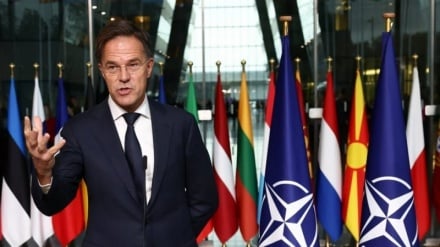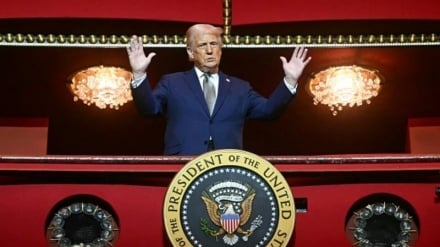Superiority with the taste of attrition: An analysis of America’s financial and strategic military consequences
-

Superiority with the taste of attrition: An analysis of America’s financial and strategic military consequences
Pars Today – Analysts are warning about the financial and strategic consequences of Washington’s extensive military presence.
An article titled “The Price of Primacy: A Response to the Useless Nation” was recently published, examining U.S. foreign policy during Donald Trump’s presidency. According to Pars Today, citing the analytical platform Foreign Affairs, the piece, while critiquing the view that Trump’s policies threatened the post–World War II global order, shows that no fundamental change occurred in the U.S. military presence during this period.
According to available data, about 200,000 U.S. troops and hundreds of American bases remain active across the globe, and none of the major military alliances have been dissolved. Trump’s disputes with allies largely revolved around their share of defense spending, rather than any fundamental transformation in relationships.
At the same time, European and Asian countries continue to request that Washington maintain its current level of security support. Analysts, however, warn that the costs of America’s global dominance are enormous—from overextension of forces to pressure from the military-industrial complex, and the burden of supporting allies incapable of self-sufficiency. In their view, these hidden financial, strategic, and operational costs raise a fundamental question:
Is maintaining global primacy truly worth the price America is paying?
This question becomes even more pressing as the United States simultaneously grapples with domestic economic challenges and budgetary constraints.


